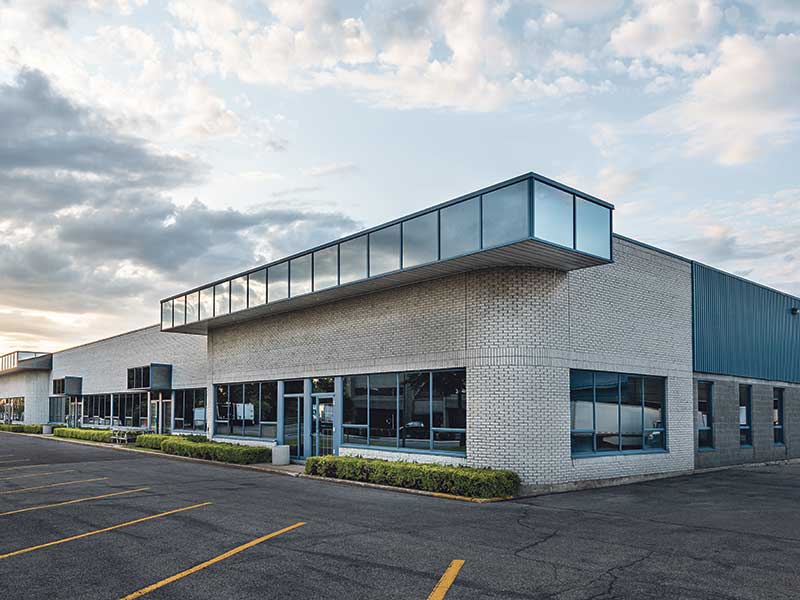
Amid growing macroeconomic headwinds and deteriorating asset quality in the U.S. commercial real estate sector, Moody’s Investors Service sees rising credit losses, and growing pressure on lenders and investors.
In a report, the rating agency said that a series of factors, including rising interest rates, tighter financing conditions and stress in the U.S. banking sector — combined with weaker demand for commercial real estate — has lenders under growing pressure too.
“Stress in the commercial real estate market is quickly growing,” Moody’s said, noting that problem loans and loan-loss provisions for non-bank lenders also are rising.
For some lenders, expected credit losses are already surpassing the highs reached during the pandemic and are expected to continue rising, it noted.
An overall downturn in commercial real estate would also “significantly hurt banks,” Moody’s said, noting that banks hold about half of all the sector’s outstanding debt, with the largest share of that debt maturing in the 2023–2026 period.
Investors in mortgage-backed securities are also exposed as certain underlying assets in mortgage securities could face trouble refinancing too, Moody’s noted.
Within the commercial real estate sector, office properties are particularly vulnerable, Moody’s said.
“As large shares of employees continue to work from home, office revenues will continue to decrease. This will create default risk for office real estate loans,” it said.
These risks are expected to mount as leases come up for renewal and vacancies rise, which will reduce pricing power in the sector.
Given the macroeconomic, financial market and sector trends — and amid “materially rising asset risk, which we expect to persist over the next 12-24 months” — Moody’s took negative rating action on several lenders.
“Although these firms generally have strong capital and reserves to absorb losses, they enter this period with less capital than they had heading into the Covid-19 pandemic,” it said, adding that these lenders have grown increasingly reliant on secured bank funding over the past three years, which reduces their financial flexibility as the operating environment deteriorates.
While access to secured funding from large banks remains available, it “could be imperiled by rising credit risk,” Moody’s said. “Financing terms could become more arduous and properties eligible as collateral narrower, as banks look to manage their own [commercial real estate] exposure. This could curtail lenders’ effective liquidity and constrain profitability, especially [for] lenders with rising problem loans.”